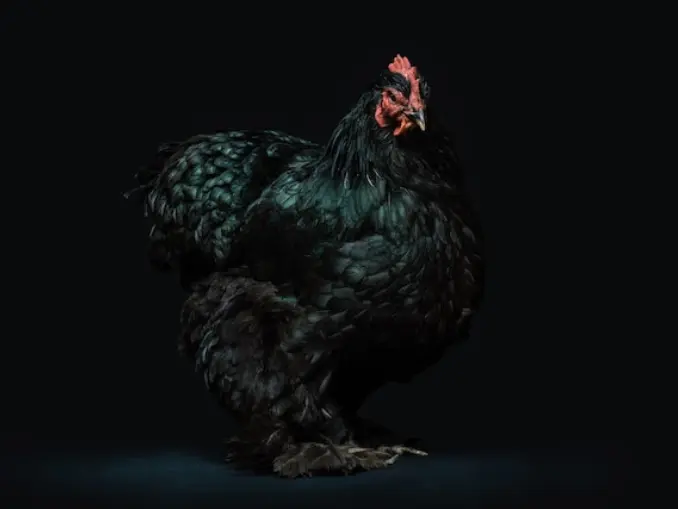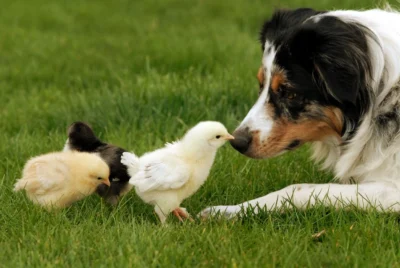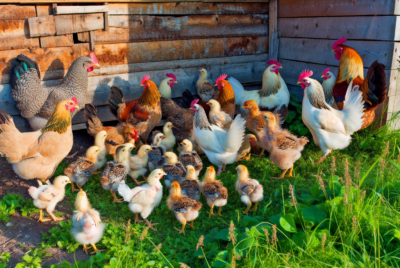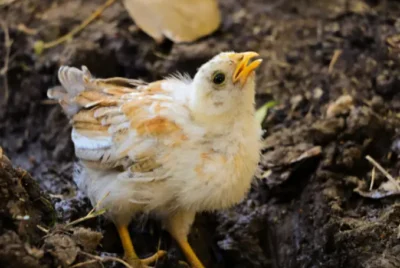Preparing Your Chickens for a Poultry Show: A Complete Guide
Participating in a poultry show can be an exciting and rewarding experience for chicken owners. It offers an opportunity to showcase the beauty and qualities of your chickens and to connect with fellow poultry enthusiasts.
However, preparing for such an event requires careful planning, dedication, and understanding of your chickens’ needs. So, this comprehensive guide covers all the steps to get your chickens show-ready, from initial selection to post-show care.
Timing is Everything
One of the first things to consider when preparing for a poultry show is the timing. Poultry exhibits often take place in the late autumn and early winter, which aligns with the natural life cycle of chickens. Understanding this cycle will help you plan accordingly.
- Breeding and Hatching – Start the process at the beginning of the year. By late January or early February, hens should start laying eggs, and males will begin mating. Fertilized eggs can be placed under broody hens or in incubators, and chicks typically hatch after about 21 days. For show-quality birds, aim to have them hatch no later than April.
- Growth and Maturity – Young chickens reach adulthood between 25 to 35 weeks of age. To present your birds at their prime during the poultry show season, it’s ideal for them to hatch by April.
- Molting – Adult chickens usually molt in late summer or early autumn. Molting is the process of shedding old chicken feathers and growing new ones. By October or November, they typically have their freshly-plumed feathers, which is when many poultry shows occur.

Understanding Show Requirements
The first step in preparing your chickens for a poultry show is to thoroughly understand the requirements of the specific show you’re entering. This means researching the standards and expectations for the breed, age, and category of your chickens. Each show may have unique guidelines, so it’s important to be well-informed.
Additionally, make sure to complete any necessary registration processes and have all required documentation, such as health certificates, ready.
Selecting Your Chickens
The selection of the chickens is a critical step. You should focus on choosing chickens that are not only healthy and vibrant but also meet the breed standards of the show.
Look for chickens that exhibit the desired physical traits, are free from defects, and display good temperament. The health and vitality of the chickens are paramount, as only the fittest specimens are likely to do well in a show environment.
Health and Nutrition
Maintaining the health of your chickens is essential. This involves providing a balanced diet that caters to the nutritional needs of the chickens based on their age and breed. A good diet can develop quality plumage and overall physical condition.
Moreover. regular health checks are also vital to ensure your chickens are free from parasites and diseases. Keeping up with vaccinations and deworming schedules is part of this health maintenance routine.
Read also: What Do Chickens Eat – 201 things on our list
Grooming
Grooming your show chickens is a key aspect of show preparation. This includes taking care of their feathers through regular brushing and cleaning.
In some cases, you might need to wash the chickens to ensure their feathers are pristine. The aim is to have your chickens looking their best, with clean, lustrous feathers and an overall well-groomed appearance.
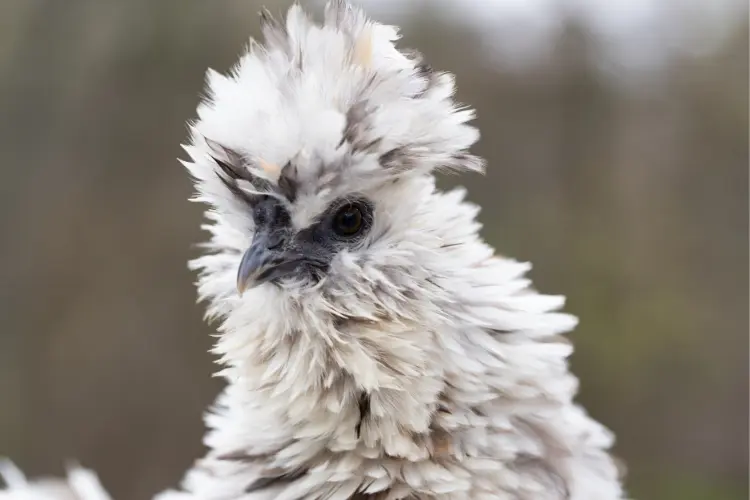
Training and Handling
Training your chickens to be comfortable with handling and various show environments is another important aspect.
This training can include getting them used to being touched, held, and inspected, as well as acclimating them to different noises and environments they might encounter at the show. Well-trained chickens are likelier to remain calm and display their natural behaviors during the show.
Transportation and Accommodation
Finally, you need to plan for the safe transportation and accommodation of your chickens to and from the show. This includes having appropriate carriers or cages that provide enough space, ventilation, and comfort for the chickens.
Ensure that the accommodations at the show are also suitable and that your chickens have access to fresh water and food throughout their stay.
Read also: How To Transport Chicken: The Best Travel Tips
Post-Show Care for Your Chickens
Dusting with Flea Powder
After returning from a poultry show, it’s essential to take immediate measures to protect your chickens from potential parasites. Dusting them with flea powder is a key preventive step.
Shows can expose chickens to various new environments and other birds, increasing the risk of parasite infestation. By using flea powder, you can help safeguard your chickens against these unwanted pests, ensuring they remain healthy and comfortable after the show.
Quarantine Measures
Implementing a quarantine period is crucial once your chickens are back from the show. Ideally, the show birds should be kept separate from your other poultry for about a week. This separation serves two important purposes.
First, it helps prevent the spreading of any contagious diseases your show birds might have picked up at the event. Secondly, it allows you to closely monitor their health. The stress of the show can sometimes weaken your chicken’s immune system, making them more susceptible to diseases.
A dedicated quarantine space enables you to observe any signs of illness without risking the health of your entire flock.
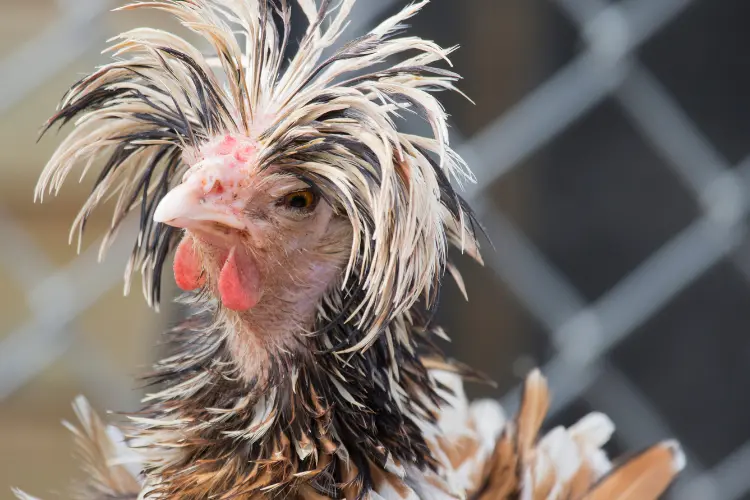
Cosseting and Recovery
Post-show care also involves a period of cosseting and recovery for your chickens. This means providing them with a calm and comfortable environment where they can rest. After the excitement and potential stress of a show, chickens will benefit from extra care.
This includes ensuring they have a nutritious diet to help replenish their energy and bolster their health. Additionally, it’s important to keep a close eye on their behavior and physical condition during this time, looking out for any signs of stress or illness.
Conclusion
Preparing your chickens for a poultry show is an intricate and rewarding process that encompasses much more than just grooming and training. This comprehensive approach not only enhances the chances of success in the show but also contributes to the overall well-being and quality of life of the chickens.
For more insights and tips on raising chickens, from daily care routines to advanced breeding techniques, visit our website. Our extensive collection of articles and resources is designed to assist you at every stage of your chicken-raising journey.
Stay informed, inspired, and engaged with our community of poultry enthusiasts. Visit us today and take your chicken-raising knowledge to the next level.

